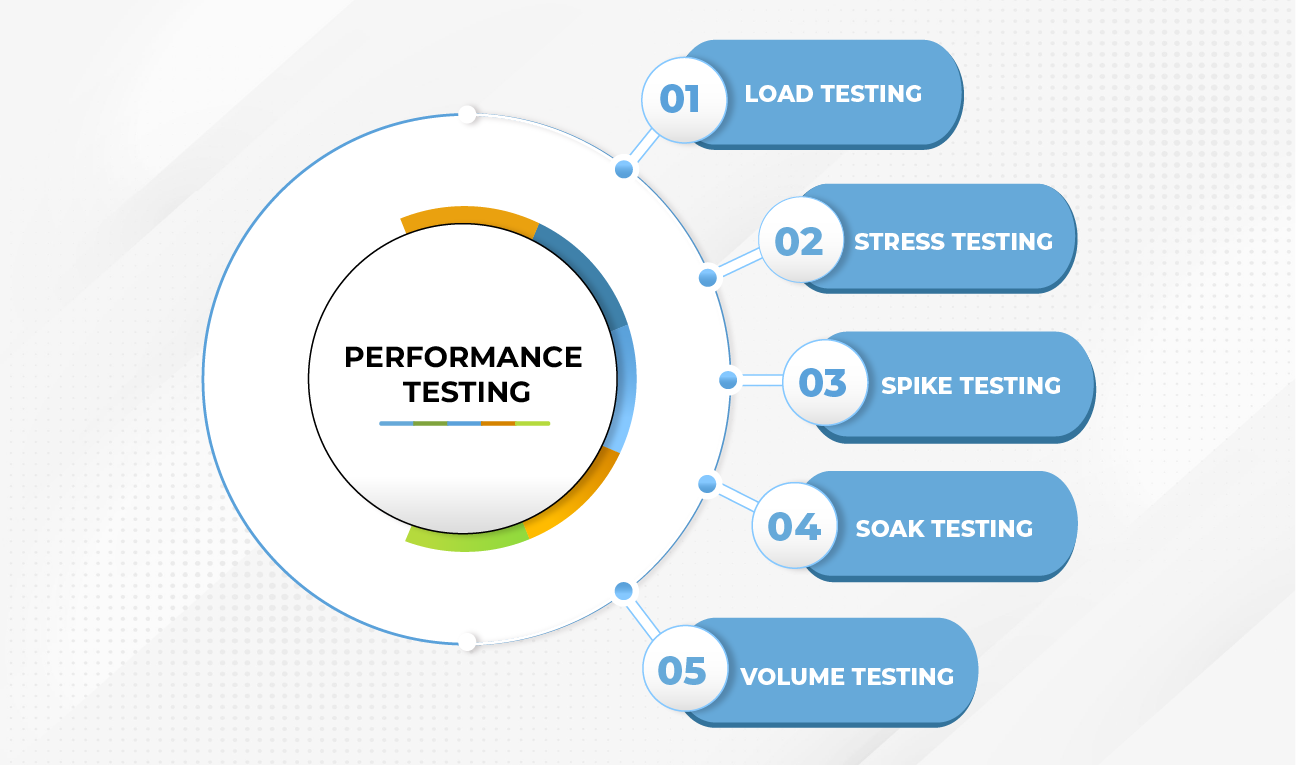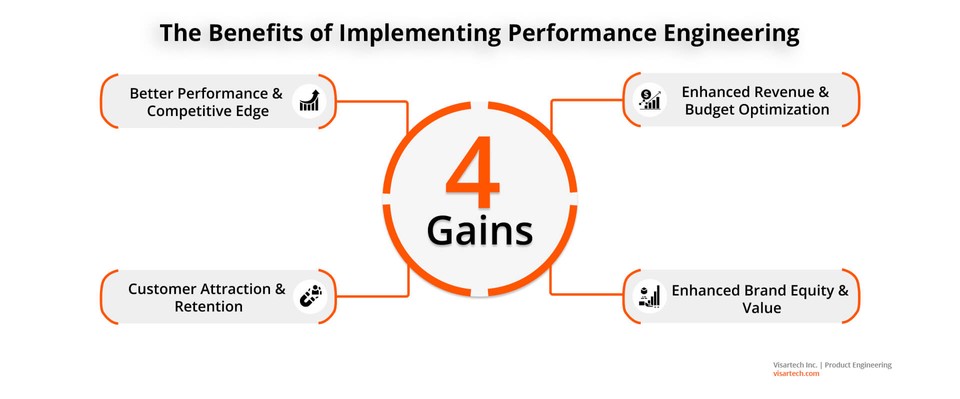Software Performance Engineering encompasses the optimization of software systems to achieve peak efficiency. From key concepts to best practices and tools, this field plays a crucial role in enhancing overall system performance.
Definition and Scope of Software Performance Engineering
Software Performance Engineering involves the process of designing and implementing software systems with performance in mind, ensuring optimal speed, responsiveness, and scalability. It focuses on analyzing, testing, and optimizing the performance of software applications to meet specific performance requirements and user expectations.
Importance of Software Performance Engineering
Software Performance Engineering is crucial in the development process as it helps identify and address performance issues early on, reducing the risk of costly fixes and rework later in the development lifecycle. By proactively optimizing the performance of software applications, organizations can deliver a better user experience, improve customer satisfaction, and achieve business goals more effectively.
Scope of Activities in Software Performance Engineering
- Performance Testing: Conducting various tests to evaluate the speed, stability, and scalability of software applications under different conditions.
- Performance Monitoring: Continuously monitoring the performance of software systems in real-time to identify bottlenecks and areas for improvement.
- Performance Tuning: Making adjustments to the software code, architecture, and infrastructure to enhance performance and optimize resource utilization.
- Capacity Planning: Estimating future capacity requirements based on performance data to ensure the scalability and reliability of software systems.
- Load Balancing: Distributing incoming traffic evenly across multiple servers to prevent overloading and ensure optimal performance.
Key Concepts in Software Performance Engineering
Software performance engineering involves various key concepts that are essential for optimizing the performance of software applications. In this section, we will discuss important metrics used to measure software performance, the impact of software architecture on performance engineering, and the distinction between load testing and stress testing.
Key Metrics for Measuring Software Performance
- Response Time: The time taken for a system to respond to a user request.
- Throughput: The number of transactions processed by the system in a given time period.
- Utilization: The percentage of system resources being used at any given time.
- Error Rate: The frequency of errors encountered during system operation.
- Scalability: The ability of the system to handle increased workload without impacting performance.
Impact of Software Architecture on Performance Engineering
Software architecture plays a crucial role in determining the performance of an application. A well-designed architecture can enhance performance by optimizing resource utilization, reducing bottlenecks, and improving scalability. On the other hand, a poorly designed architecture can lead to performance issues such as slow response times, high error rates, and limited scalability.
Difference Between Load Testing and Stress Testing
Load testing involves assessing the performance of a system under normal or expected load conditions to ensure it meets performance requirements. Stress testing, on the other hand, involves pushing the system beyond its limits to identify breaking points and measure how it behaves under extreme conditions. While load testing helps identify performance bottlenecks and capacity limits, stress testing helps assess the system’s resilience and stability under challenging scenarios.
Best Practices and Strategies

Optimizing software performance is crucial for ensuring a positive user experience and maximizing efficiency. By following best practices and implementing effective strategies, developers can enhance the performance of their software applications.
Best Practices for Optimizing Software Performance
- Utilize efficient algorithms and data structures to improve performance.
- Optimize database queries and minimize network calls to reduce latency.
- Implement caching mechanisms to store frequently accessed data and reduce load times.
- Regularly monitor and analyze performance metrics to identify areas for improvement.
- Conduct load testing to simulate real-world usage and assess the scalability of the software.
Strategies for Identifying Performance Bottlenecks
- Use profiling tools to identify areas of the code that consume the most resources.
- Analyze system logs and performance monitoring data to pinpoint bottlenecks.
- Perform code reviews and collaborate with team members to identify potential performance issues.
- Utilize performance testing tools to simulate different usage scenarios and detect bottlenecks.
Techniques for Improving Software Performance
- Optimize database schema and indexes for faster query execution.
- Minimize the use of external libraries and dependencies to reduce overhead.
- Implement lazy loading and pagination for handling large datasets efficiently.
- Use asynchronous processing for time-consuming tasks to improve responsiveness.
Tools and Technologies

Performance testing and monitoring are critical aspects of software performance engineering. To effectively carry out these tasks, various tools and technologies are available in the market. These tools help in identifying performance issues, analyzing system behavior under different conditions, and optimizing software performance. Let’s explore some commonly used tools and technologies in this domain.
Commonly Used Tools for Performance Testing and Monitoring:
- JMeter: An open-source tool for load testing and performance measurement.
- LoadRunner: A widely used tool for performance testing of web and mobile applications.
- NeoLoad: Helps in performance testing and monitoring of applications in different environments.
- AppDynamics: Provides real-time monitoring and performance management solutions.
Comparison of Different Performance Profiling Tools:, Software performance engineering
- VisualVM: A visual tool integrated into Java Development Kit for profiling, monitoring, and troubleshooting Java applications.
- Chrome DevTools: Offers performance profiling capabilities for web applications running in the Chrome browser.
- VTune Amplifier: A performance profiling tool by Intel for analyzing code execution and identifying performance bottlenecks.
- Blackfire.io: Specializes in profiling and optimizing PHP applications for better performance.
Role of Automation in Software Performance Engineering and Relevant Technologies:
Automation plays a crucial role in software performance engineering by enabling repetitive tasks to be performed efficiently and consistently. Automation tools help in executing performance tests, analyzing results, and generating reports without manual intervention. Some relevant technologies for automation in software performance engineering include:
- Jenkins: A popular automation server for continuous integration and delivery of software projects, including performance testing.
- Selenium: Widely used for automating web browsers to perform regression testing and load testing of web applications.
- Gatling: An open-source load testing tool that allows scripting performance tests using Scala programming language.
- Apache JMeter: Supports automation of performance tests with features like test scheduling, remote testing, and result analysis.
Closing Summary: Software Performance Engineering

In conclusion, software performance engineering is a vital aspect of software development that ensures optimal system functionality. By implementing best practices and utilizing the right tools, organizations can enhance their software performance and deliver superior user experiences.
